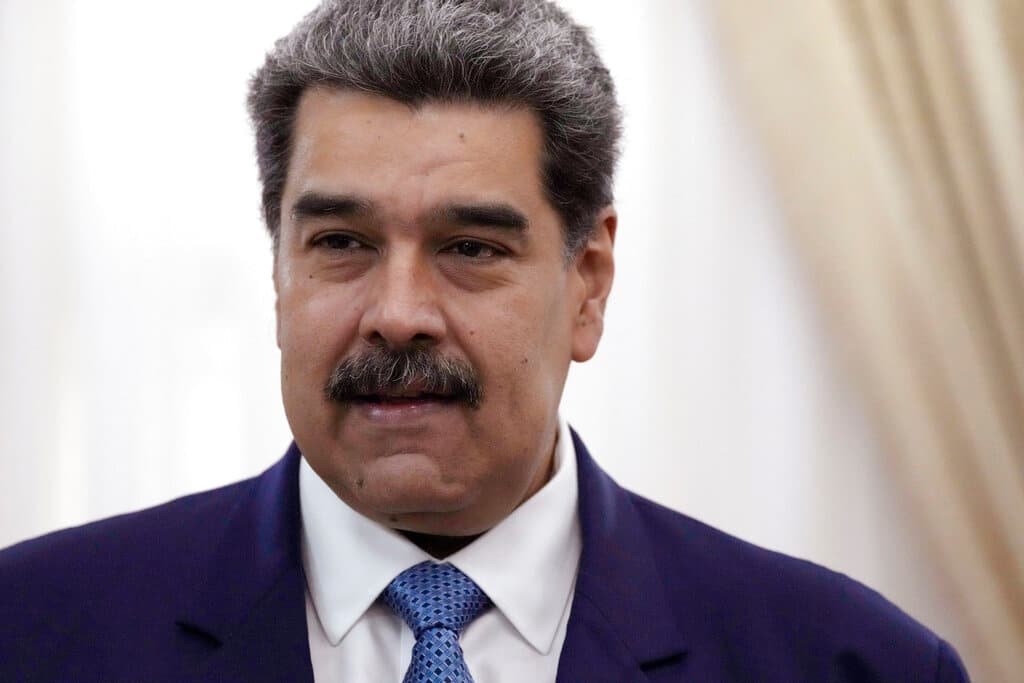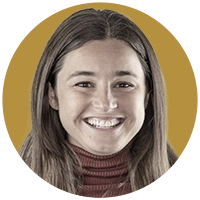Venezuela’s Maduro Splits South American Leaders
Led by the Brazilian president, older comrades are cheering on the Chavistas, while younger presidents sour on the Bolivarian revolution’s humanitarian horrors.

Perpetual misery in Venezuela is dividing South America’s leaders along generational lines as older comrades, led by President Lula da Silva of Brazil, cheer on the Chavistas, while younger presidents sour on the Bolivarian revolution’s humanitarian horrors.
Please check your email.
A verification code has been sent to
Didn't get a code? Click to resend.
To continue reading, please select:
Enter your email to read for FREE
Get 1 FREE article
Join the Sun for a PENNY A DAY
$0.01/day for 60 days
Cancel anytime
100% ad free experience
Unlimited article and commenting access
Full annual dues ($120) billed after 60 days

